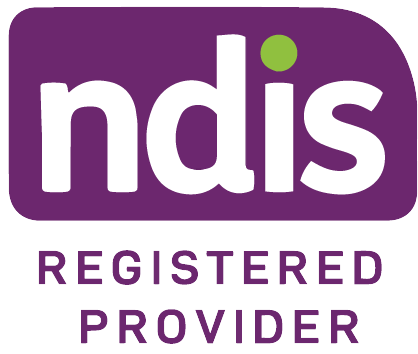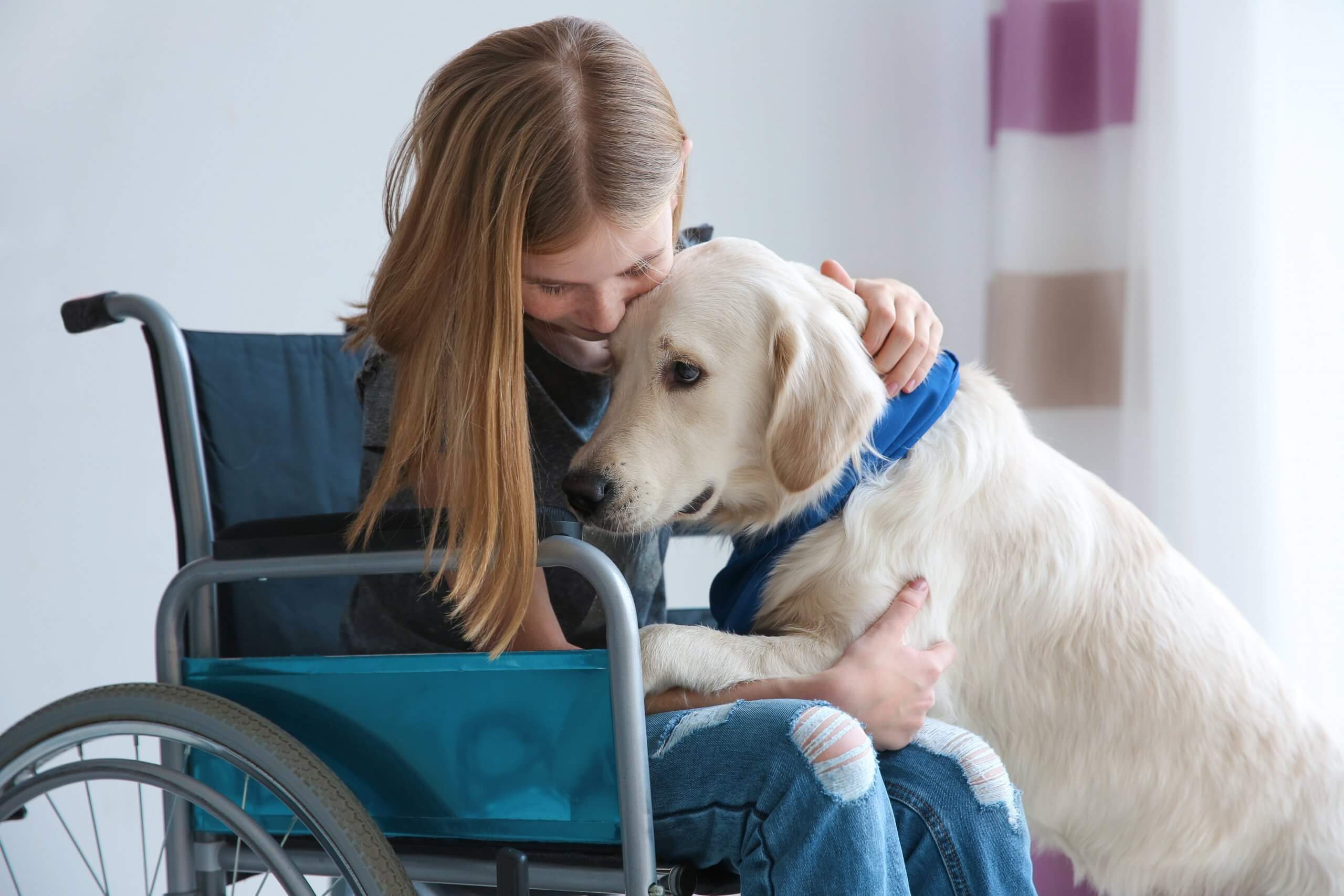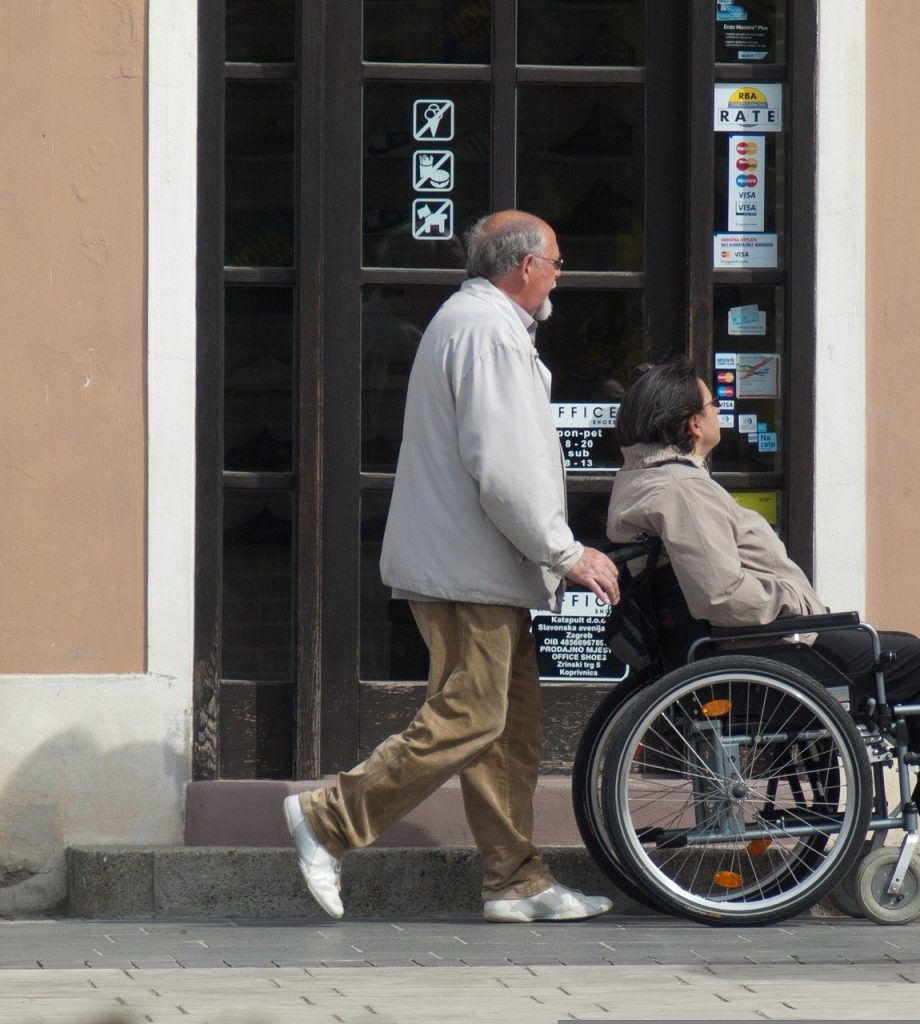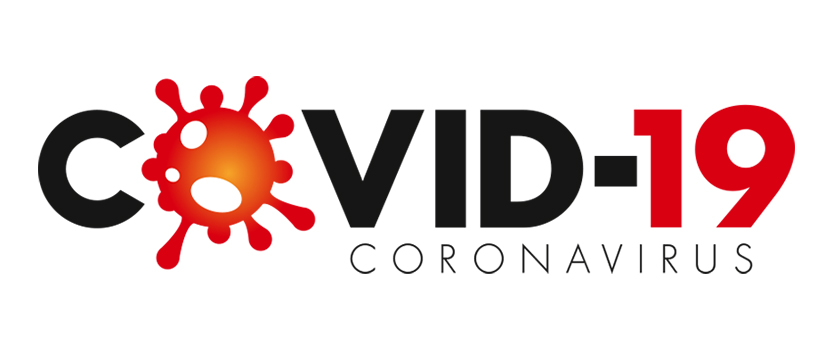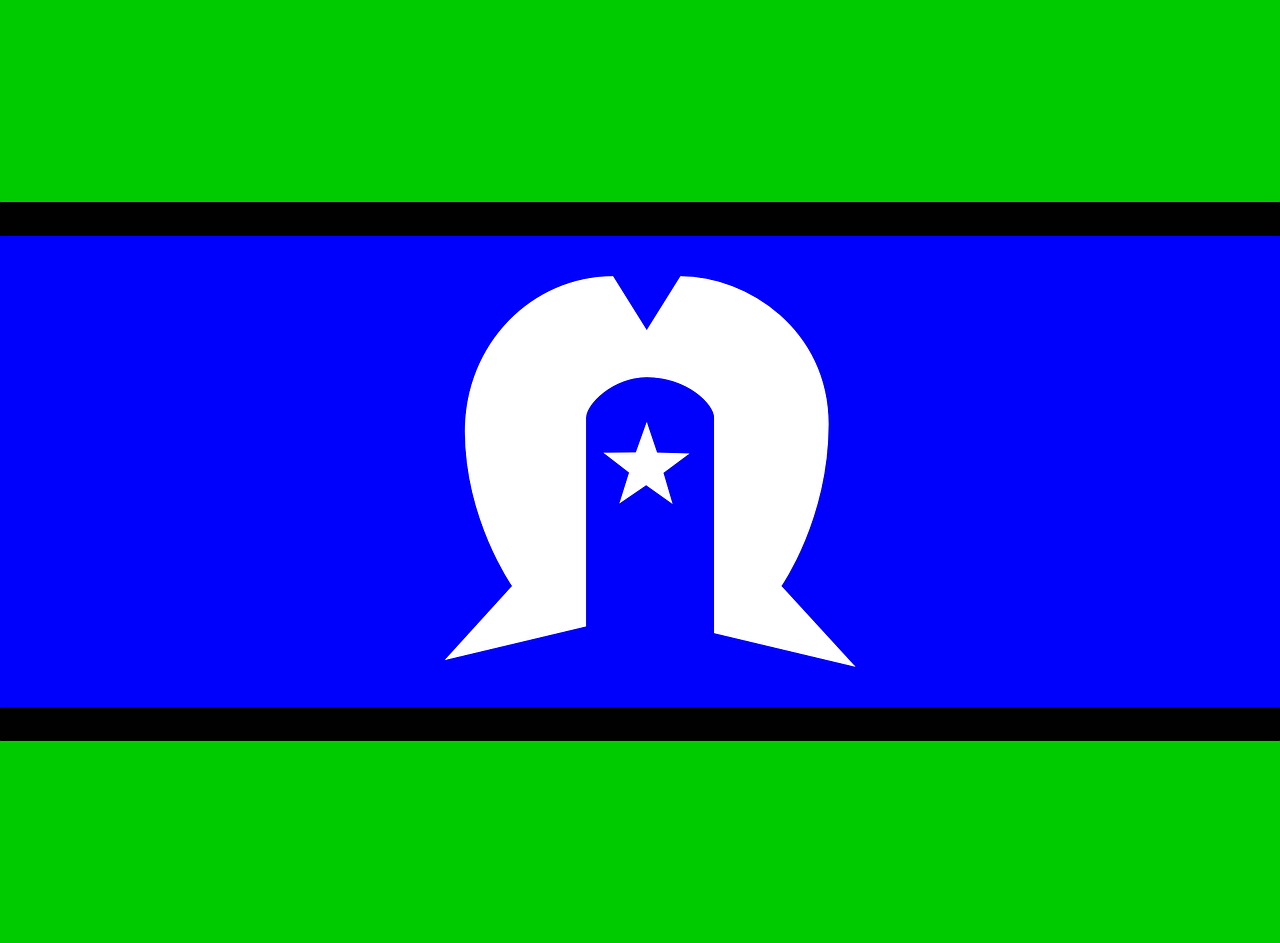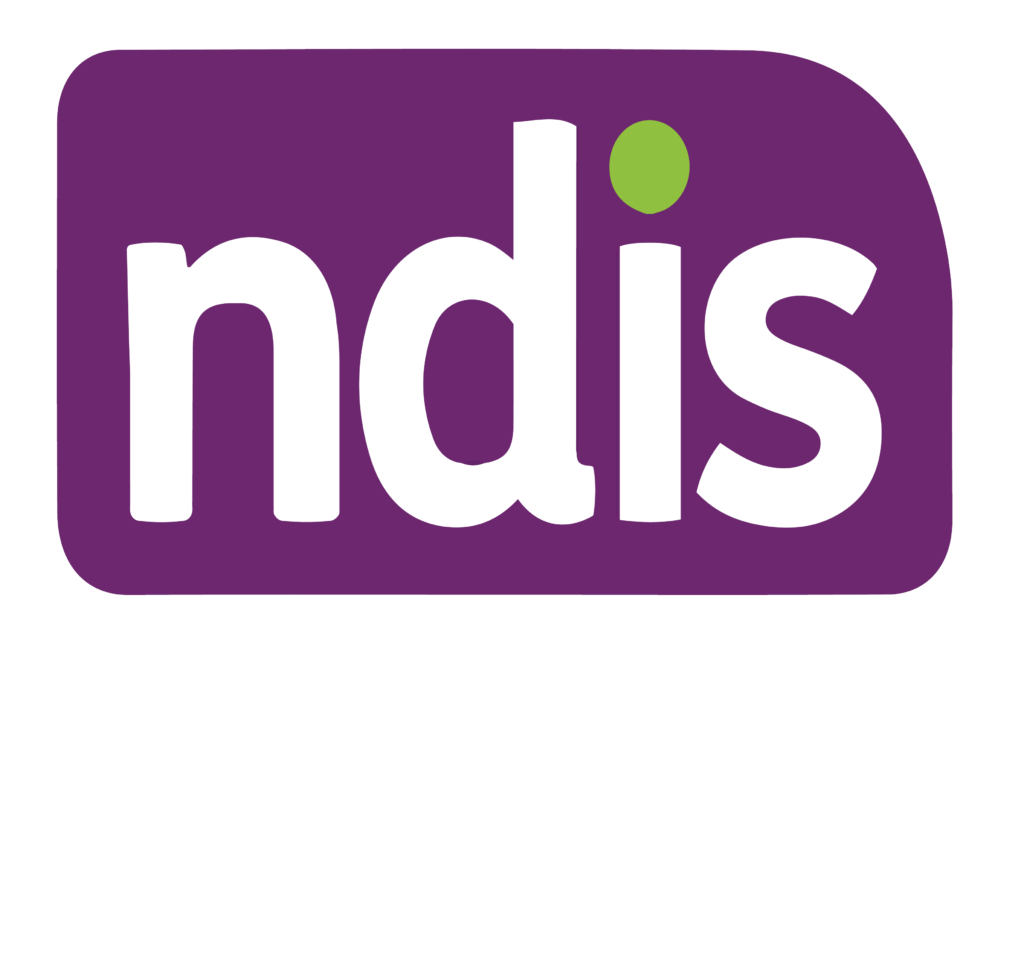Assistance animals are trained to help people living with a disability increase their capacity to do day-to-day tasks. This can help you to live your life to the full.
Under Australia’s NDIS, they may pay for an assistance animal depending on your situation. There are many supports you can access to help you day-to-day, from a carer to assist getting ready in the morning, or someone to take you to an appointment.
There are rules in place for each of the supports. You could receive funding to pay for the care and training of your guide dog, but your neighbour may be refused assistance for a therapy dog. This can be confusing.
So, what will the NDIS fund when it comes to assistance animals? Here we explain the guidelines for assistance animals and the NDIS.
Does the NDIS fund animal-assisted therapy or therapy dogs?
- You may get funding for an assistance animal
- It has to be highlight trained
- It must pass the public access test.
The NDIS does fund animal-assisted therapy and assistance dogs in Australia but only in certain circumstances.
Under the requirements of the NDIS funding authority, the NDIA, there are very strict guidelines to assess whether an assistance animal will receive funding under your plan.
Assistance animals are not just pets, and are not there solely to provide emotional support.
According to the current NDIS guidelines, assistance animals have to be highly trained and able to improve the ability of people living with a disability in at least three ways. The animal – generally a dog, but sometimes a horse or other animal – must be assessed as being able to do this.
They must also have been trained to behave well in a range of public places and situations, and not harm other people.
What assistance animals will the NDIS fund?
- Assistance animals are often dogs
- This can include dog guides
- Therapy animals have to be guided by a qualified allied health professional.
An assistance animal potentially funded by the NDIS could include a guide dog trained to help people with vision impairments or hearing loss to get around, or a facility animal that works in a residential facility.
It could also include a therapy animal, led by a qualified allied health professional, that is trained for specific interventions, or a dog that helps a child with autism to manage their emotions or become involved in social situations.
There are also medical alert animals, such as epilepsy seizure dogs, that can set off an alarm or move in a certain way to protect the person experiencing a seizure.
How to get NDIS funding for an assistance animal?
- The assistance animal support must meet the guidelines
- You will need a report from an NDIS participant assistance animal provider and an allied health professional
- The funding must be deemed reasonable and necessary.

